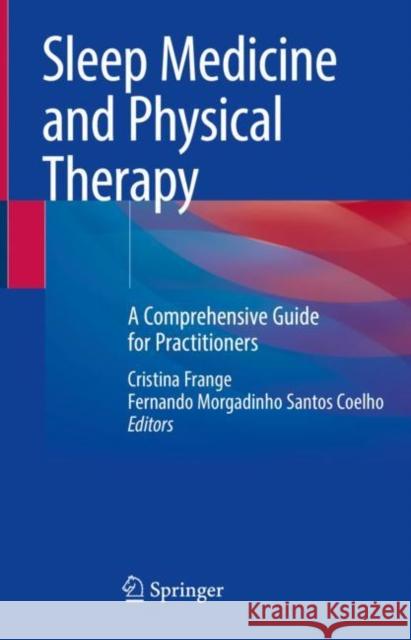Sleep Medicine and Physical Therapy: A Comprehensive Guide for Practitioners » książka
topmenu
Sleep Medicine and Physical Therapy: A Comprehensive Guide for Practitioners
ISBN-13: 9783030850739 / Angielski / Twarda / 2021 / 10 str.
Sleep Medicine and Physical Therapy: A Comprehensive Guide for Practitioners
ISBN-13: 9783030850739 / Angielski / Twarda / 2021 / 10 str.
cena 603,81
(netto: 575,06 VAT: 5%)
Najniższa cena z 30 dni: 578,30
(netto: 575,06 VAT: 5%)
Najniższa cena z 30 dni: 578,30
Termin realizacji zamówienia:
ok. 16-18 dni roboczych.
ok. 16-18 dni roboczych.
Darmowa dostawa!
Kategorie BISAC:
Wydawca:
Springer
Język:
Angielski
ISBN-13:
9783030850739
Rok wydania:
2021
Wydanie:
2022
Ilość stron:
10
Waga:
0.99 kg
Wymiary:
24.13 x 19.81 x 3.05
Oprawa:
Twarda
Wolumenów:
01











